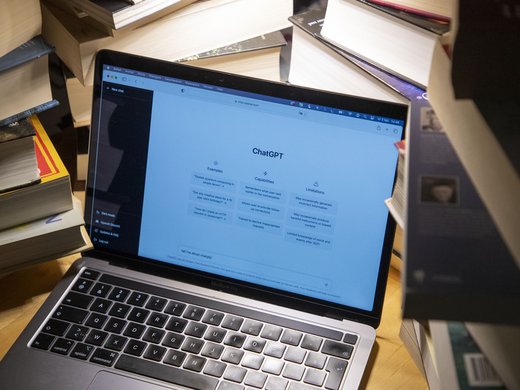In a dispute over patents, the University of Waterloo recently took legal action against an on-campus startup trying to commercialize a battery that could store power longer and more safely than standard lithium-ion batteries.
The university seeks a declaration that it owns patents which the students claim as theirs. The students invented the technology in a lab partly funded by an agreement between UW and an industry partner which gave UW ownership of the intellectual property generated from that funding. For their part, the students obtained the patents with help from the university’s campus incubator. In other words, UW, through its incubator system, helped its students patent an invention that it simultaneously claims to own. An e-mail from UW’s director of research partnerships, referenced in a Globe and Mail story about the dispute, describes “a hole in our process.”
These holes are more like chasms and not just at University of Waterloo.
This article first appeared in The Globe & Mail.


